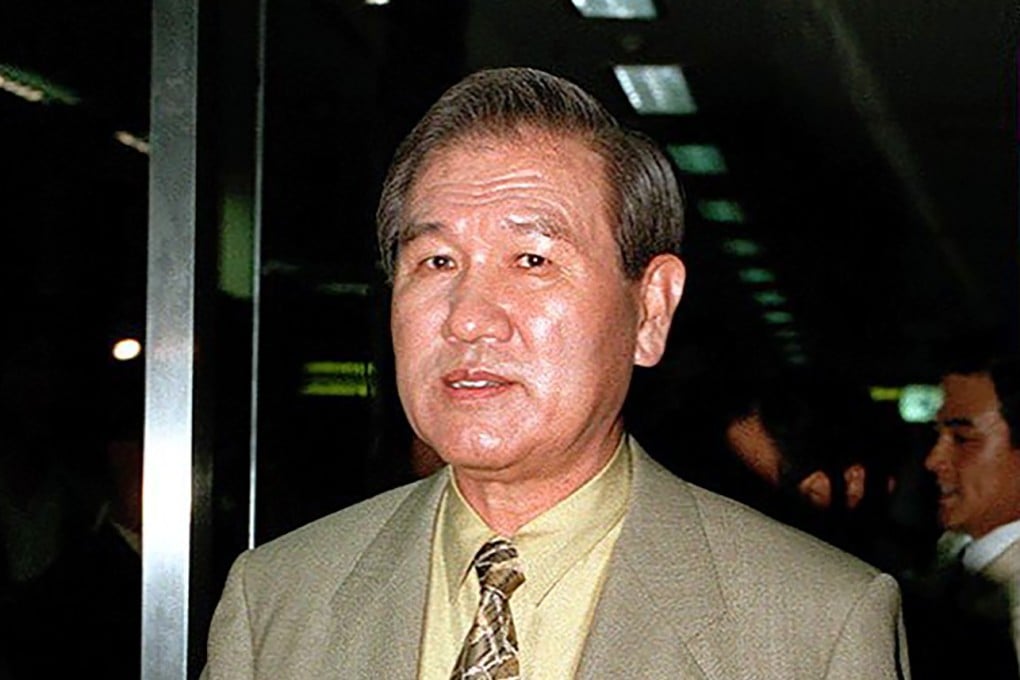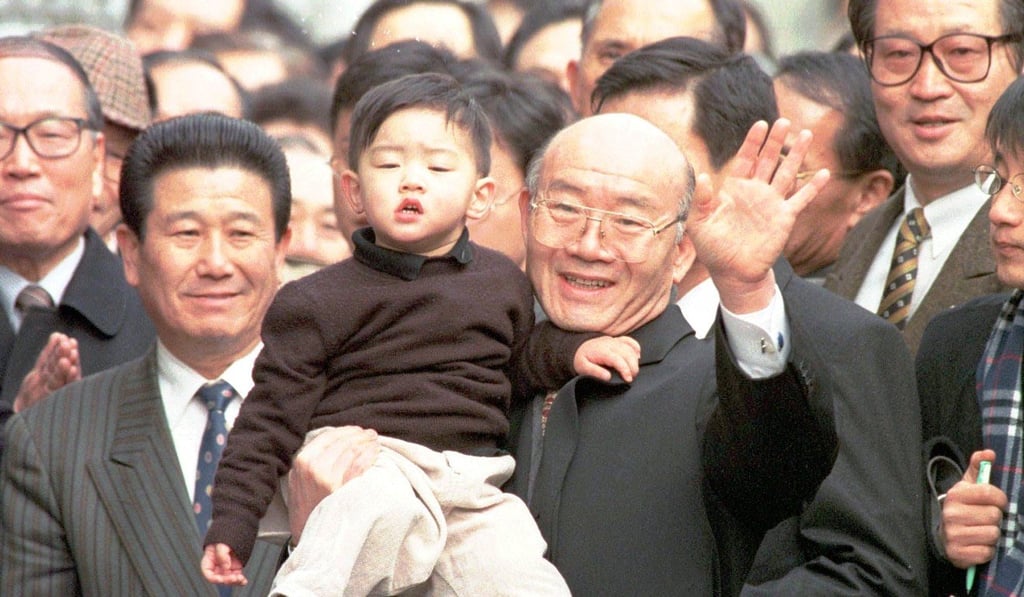Exclusive | ‘Dirty tricks’ were planned in South Korea’s first democratic election, CIA files show
- Ahead of the landmark election in 1987, the military-backed ruling camp so feared the loss of its hand-picked candidate that it drew up detailed plans to fix the poll, declassified US intelligence shows
- The documents also show that the South Korean government was prepared to crack down hard on any unrest following the vote

Roh Tae-woo, the designated successor of military strongman Chun Doo-hwan, was elected as president of South Korea after bowing to public pressure to hold free elections and restore civil liberties after decades of US-backed dictatorship following the 1950-53 Korean war.
But ahead of the landmark election, the military-backed ruling camp so feared the loss of its hand-picked candidate that it drew up detailed plans to fix the poll, according to CIA documents obtained exclusively by the South China Morning Post through a freedom of information request.
“Officials in the ruling party are divided over Roh Tae-woo’s prospects, and pressure is building to fix the election,” the CIA assessed in an intelligence briefing written days ahead of the December 16 election, adding that a “plan for extensive fraud is already being implemented”.

In another briefing, the US spy agency concluded that the ruling Democratic Justice Party, the only political party permitted to operate freely for much of Chun’s eight-year rule, was “increasingly nervous about Roh’s chances in a non-controlled election” due to his negative association with the military dictatorship among the public.